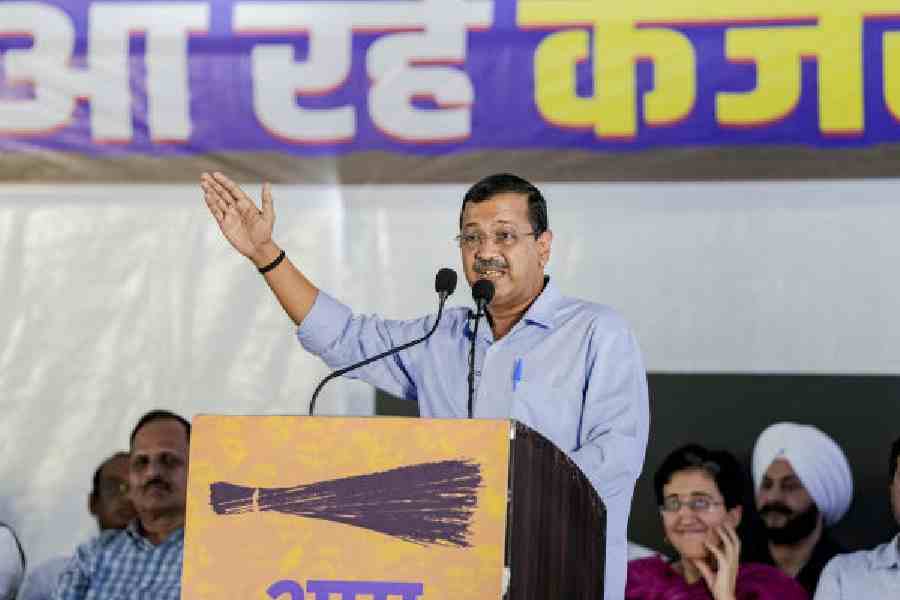 |
 |
| AK Antony, (above) Anand Sharma |
New Delhi, July 3: Defence minister A.K. Antony has ticked off cabinet colleague and commerce minister Anand Sharma and called a “retrograde step” his proposal to hike the foreign direct investment (FDI) cap in the defence industry from 26 per cent to 49 per cent.
The defence minister was angry that the proposal was being repeatedly sent to him despite a clear enunciation of policy by the defence establishment. Officials in the ministry also insinuated that there was a concerted move in the government — and in the cabinet — to lobby on behalf of global defence majors.
“We are importing weapons systems for our immediate requirement, till we develop our own systems. From that perspective, allowing foreign companies to set up manufacturing/assembly facilities here will be a retrograde step as it will stymie the growth of indigenous design and development — and our dependence on foreign countries and OEM (original equipment manufacturers) for modern weapons will get perpetuated,” Antony wrote to Sharma, the commerce and industry minister.
“In the field of defence, we cannot, over the long term, afford to be dependent on foreign companies and vulnerable to policies of their countries of origin,” Antony said in the letter.
“Building up our own indigenous capabilities for designing and developing our weapons systems is vital. Our effort is to build up indigenous capability in this field by encouraging companies to get into design and development of modern weapons systems,” the defence minister added.
Antony wrote in response to a letter from Sharma about a month back. Sharma had told the media before going on a tour of the Scandinavian countries and the UK that he strongly favoured hiking the FDI cap in defence.
He followed that up by telling news channels last week that he “would like to see higher FDI in defence”. “India is the biggest defence equipment purchaser in the world and there is a huge outgo of foreign exchange which we badly need.”
Sharma was seen as articulating the views of companies such as Saab, Boeing, Lockheed Martin, Rolls Royce and BaE Systems, which have billions of dollars of business with India by selling equipment and would like to set up or buy into Indian firms to make and sell the equipment to the armed forces.
But Antony, defence ministry officials said, was clear that only in exceptional circumstances can the FDI cap be raised beyond 26 per cent. He was surprised that despite these circumstances having been explained, Sharma and his department of industrial policy and promotions (DIPP), and even finance minister P. Chidambaram, were repeatedly pushing for a change of policy to suit global defence majors.
In his letter to Sharma, Antony explained his point further. “Wherever FDI beyond 26 per cent is likely to result in access to modern and state-of-the-art technology into the country, decisions can be taken to allow higher FDI on a case to case basis by the cabinet committee on security (CCS).”
There are only two instances where the CCS has permitted higher FDI in joint ventures, both in the case of government-to-government deals with Russia. The first is for the Brahmos supersonic cruise missile in which the Government of India has a 50.5 per cent stake and Russia 49.5 per cent. The other is for the yet-to-be made multi-role transport aircraft for which a 50:50 joint venture has been set up.
In the letter, Antony said his ministry was “actively encouraging the involvement of the private sector in defence”.










